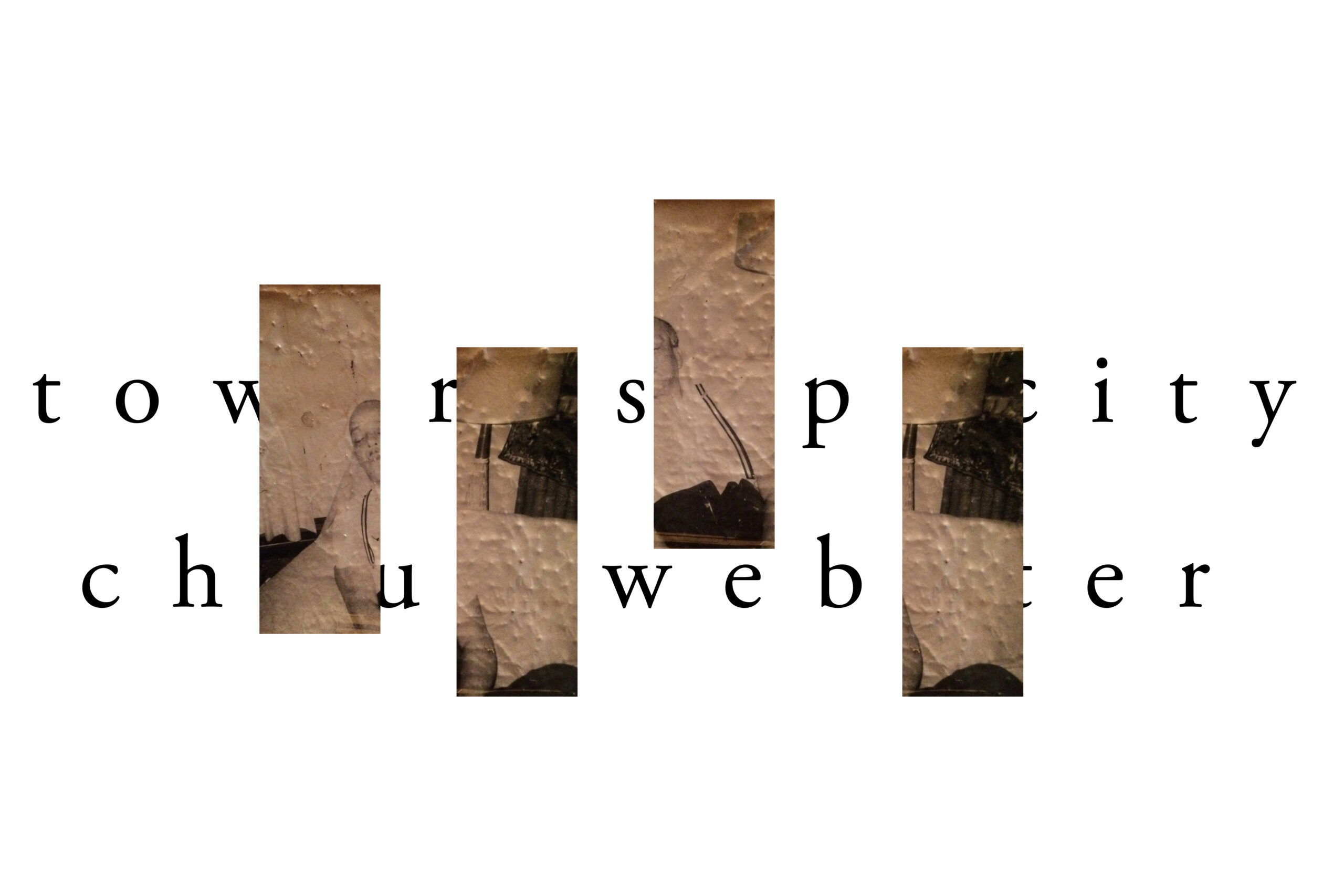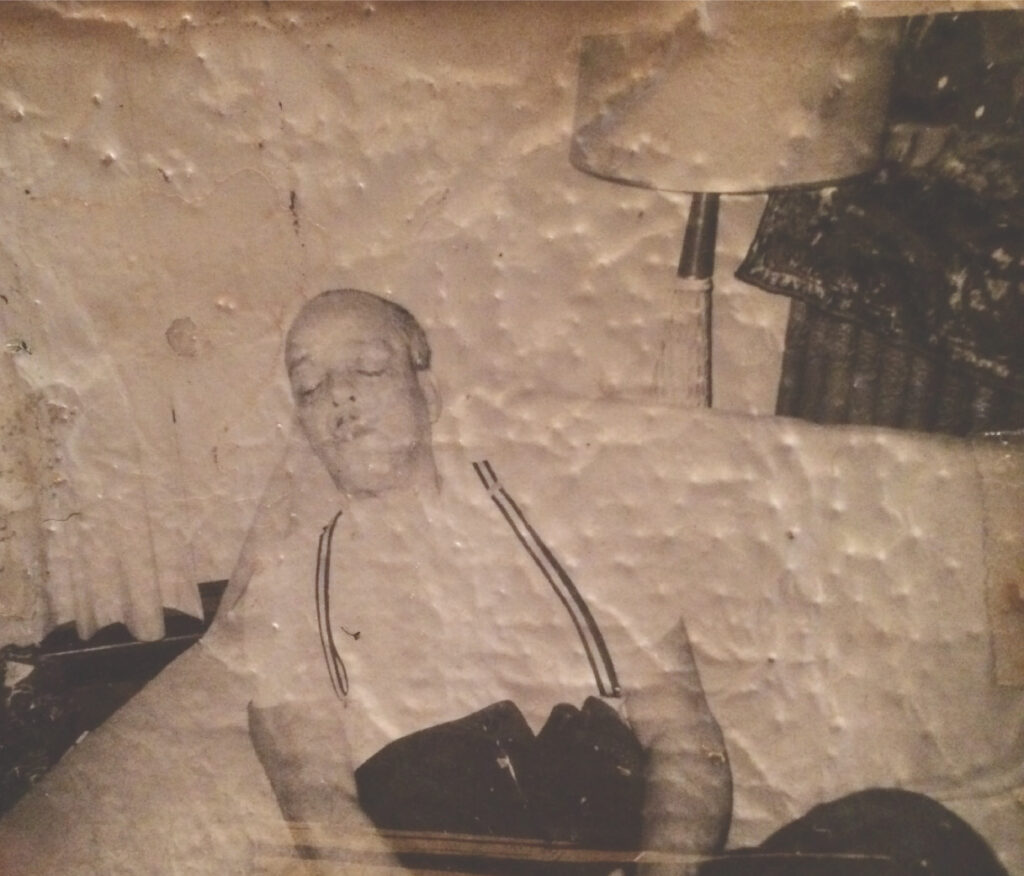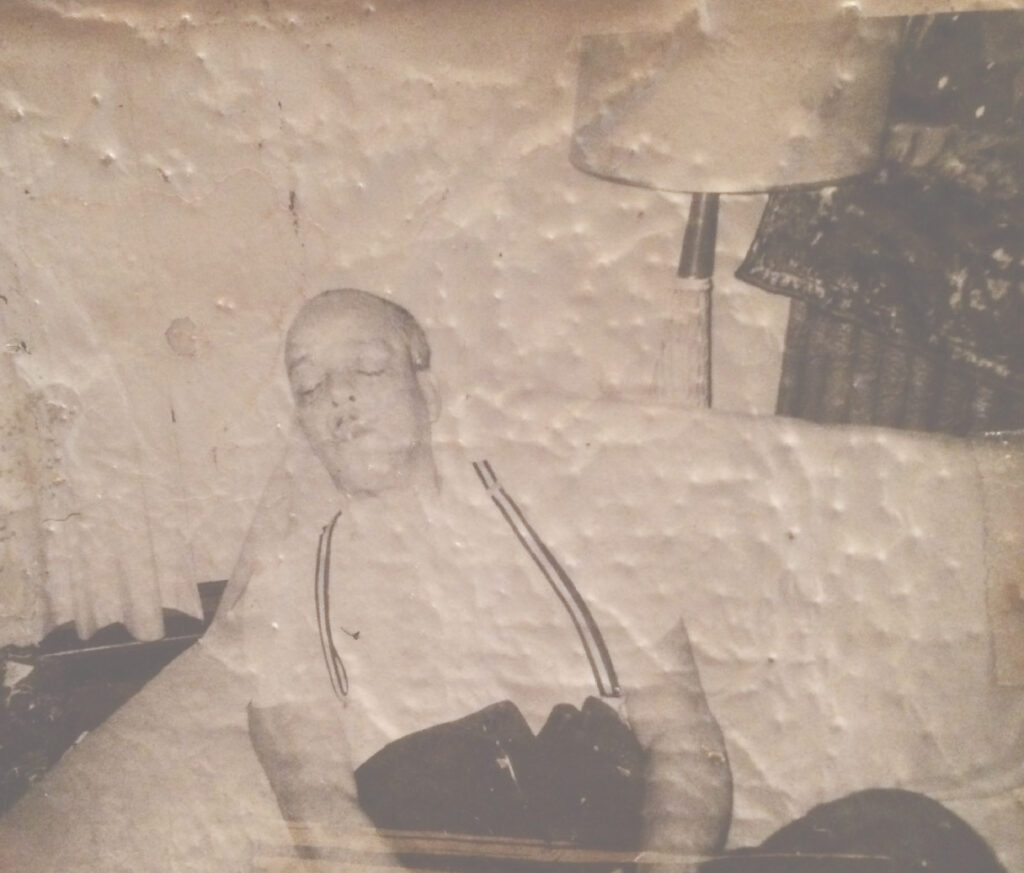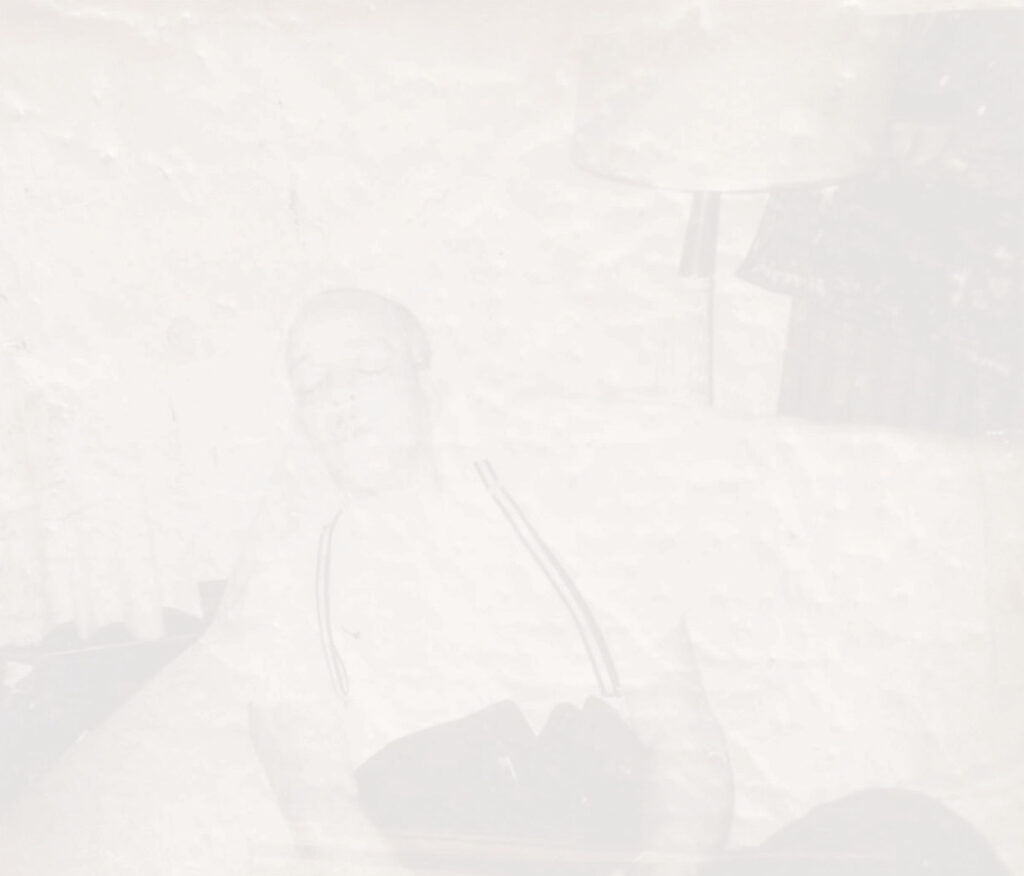Towards Opacity
A dream sequence: technologies of looking and undisciplining the image

this series, a dream sequence, was written towards my maternal grandfather, Reginald Jerry Clark, a sleeping car porter for the Great Northern Railroad, who worked 25 years and retired without pension. porters, who would often work nearly 400 hours a month, and whose sleep could be docked from pay. this series, a dream sequence, was written against the the restless labor of the rail.

dream sequence #1
YEAR UNKNOWN
ST. PAUL, MN
we begin reposed & in the dream. this is not to make an asymmetry between the so-called real and fiction, this is to indicate an/other territory. folded arms & eyelids, blackest against Hurston’s described sharp-whiteness, but this is not the dream. in that territory there is a child standing in a field among the choral pronouncements of innumerable life-forms & then the focus of some eye taking you further and further out—& then wide—which is when you see it, a rope-like finger of wind & sky touching that field & the child no longer standing, but running toward the storm.

dream sequence #2
YEAR UNKNOWN
ST. PAUL, MN
this is to indicate an/other territory. an inside seeing, a world-making between which someone is walking—through both here & there, somnambulant. something fading by degree, we look, we look but where the looking is directed is where the retina meets the optic nerve. we see but the seeing is an ante-biological accumulation. what is before this body? what precisely is a body anyway? within the aperture, retreating before our eyes someone is sleep-deprived, someone is sleeping amid the terror, someone is asleep & making a world.

dream sequence #3
YEAR UNKNOWN
ST. PAUL, MN
there is a child standing in a field. a universe unto themselves, or rather a part—entangled both in & of the field. terrible. beautiful. this child, standing, staring at the field—at their selves—a kind of territory, unmapped & not a country. this child moving away or towards, it becomes unclear in the temporal logics imposed. no it is not towards, no it is not away, it is both & neither. in fact after extended observation it is not a child nor a field that we are looking at at all. it is nothing at all, & everything too.

dream sequence #4
YEAR UNKNOWN
ST. PAUL, MN
a rope-like finger of wind & sky. which is perhaps an attempt at absurdity, it is to say something of the wind, something of the sky. it is to envisage embodiment in the storm. it is by progressive decay or sleight of hand or other cunning to reorder an image placed in sequence, to undiscipline the visual from its articulations until Reginald Jerry Clark is not the weary laborer, the black rail-worker, whose restless graveyard shifts are themselves the slow composition of a tomb. no, in a year unknown we are seeing a slender digit crack through the ceiling of the world, intent on touching something.

dream sequence #5
YEAR UNKNOWN
ST. PAUL, MN
& the child no longer standing, but running toward the storm. & by now what is seen & what is told are imbricated, are lying, are facing each other in a funhouse of mirrors waiting to see which vanishes first. Reginald, seizing the rare occasion of an escape route from the waking world—a fugitive act—to disappear & not be gone. a child—once standing in a field—where our initial instruments of perception do not notice movement, cannot identify the squall doubling as cry & current, until something, still without grammar shifts our technology of seeing, bringing the entire haunted world before our eyes, running toward the wind, becoming the storm.